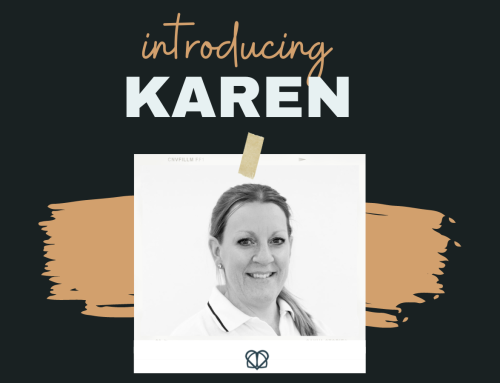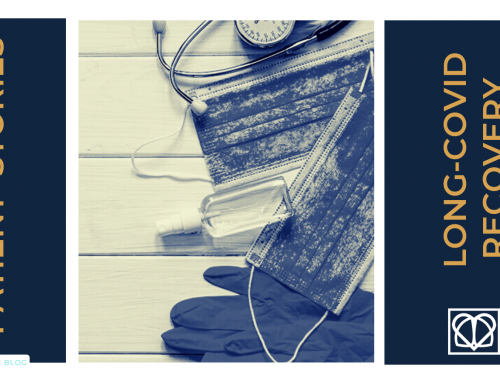
‘Tis the season to be… living to excess?!
We all know the pattern – with the festive season comes the inevitable eating and drinking to excess. All the Christmas parties throughout December, followed by the celebrations with food & drink on Christmas Day, then gearing up to seeing in the New Year… it all points to eating and drinking much more than you normally would throughout the festive period.
So it’s no coincidence that come January, many of us begin to focus once again on getting back on track and perhaps losing those few extra pounds that were delivered by Santa Claus!
It’s also no coincidence then, that Dry January and National Obesity Awareness Week both take place in January!
One of the consequences of being significantly overweight that I come across as a respiratory physio is weight related breathing problems. The simple fact is that if you are obese, not only is your breathing is adversely affected by your belly pushing up on the diaphragm and chest wall (making it much more difficult for your lungs to fill with air) but you also have to work harder owing to carrying excess weight. You can experience impaired lung function as a result of your weight. This is because the bigger your waist, the smaller your forced vital capacity – the maximum volume of air that you’re able to exhale after breathing in as much air as possible. This can also lead to obesity hypoventilation syndrome (OHS), a condition in some obese people where poor breathing leads to lower oxygen and higher carbon dioxide levels in the blood.
The other weight related breathing complication that can occur is sleep apnea which causes the upper airway to become blocked repeatedly during sleep, reducing or completely stopping airflow. This results in heavy snoring and even briefly stopping breathing during sleep.
The good news is that dealing with your weight issues can result in a significant improvement in your lung function and breathing problems.
So as we look ahead to the New Year and compiling our New Year’s resolutions, why not take the plunge in 2019 and make transforming your health one of them?
Focusing on dealing with your weight can be life changing – but hard work too! Weight loss programmes take time and commitment, and work best when fully completed and maintained as a permanent lifestyle choice.
How do you stick to your New Year’s resolutions?
We have some top tips that will help you maintain that mindset long after the Christmas bells have stopped ringing!
-
Don’t call your end goal a New Year’s resolution! – It’s estimated that around half of all New Year’s resolutions fail! So don’t predetermine your destiny for your end goal, and give yourself the chance to make excuses for failure. Call this your lifestyle change, your permanent lifestyle change.
-
Aim high, but stay realistic – the best thing is to take small steps that you’re much more likely to stick to. It’s fine to have an end goal in mind (for example if you have a certain overall weight you’re aiming to lose) but break it down into manageable steps for each week. This will help you feel like you’re achieving your goals, rather than make you feel like the end game is still so far away.
-
Keep a journal – and look at it every day. It will not only give you focus each morning as you face the day ahead, but will help you with feeling like you’re continuing to make steps towards your end goal on a daily basis. You can create a checklist that will help keep you focused and on track.
-
Do your research – there’s no point starting a new healthy eating and exercise regime if you don’t fully understand what it means, and what’s needed. Make sure you know what you should be aiming for (the NHS has its own 12 week weight loss programme which can be a great start). When it comes to exercise, speak to your GP before you begin any fitness regime, to make sure you’re working within what’s correct for your own individual circumstances. Remember it’s best to start off slowly and increase the intensity and amount of exercise you do gradually – especially if you have additional health issues.
-
Share, share, share! – don’t keep it to yourself. Share your goals with others and ask them to help support you on your journey. They might prove to be the support you need on that one occasion when you lose your resolve and need someone around you to help you stay strong. Even better – get someone to join in with you so you work through your journey together. It’s much easier to share the experience than go it alone.
-
If you fall off the wagon, just get back on it again – everyone has an off day at some point, it’s only human. If that happens to you, don’t use it as an excuse to give up altogether. Just write it off as a bad day, a temporary setback, and get back to it the next day.




